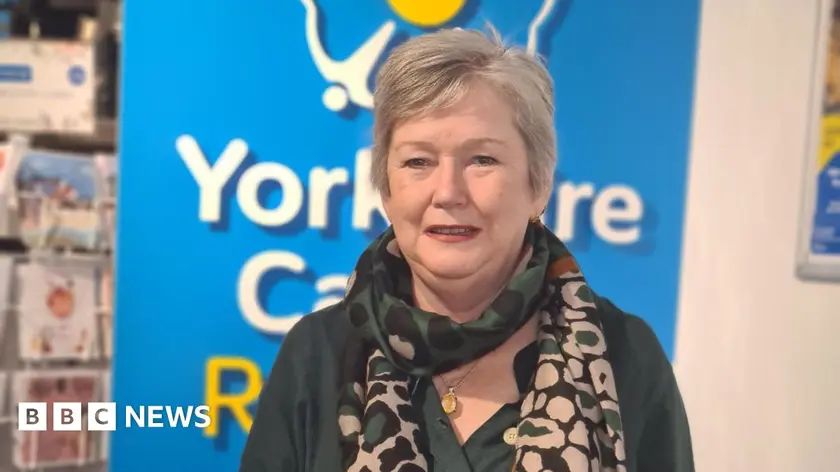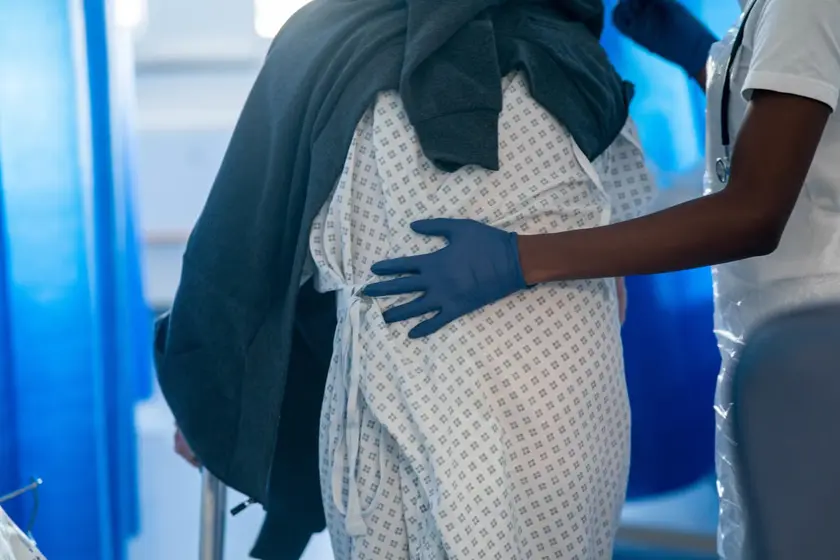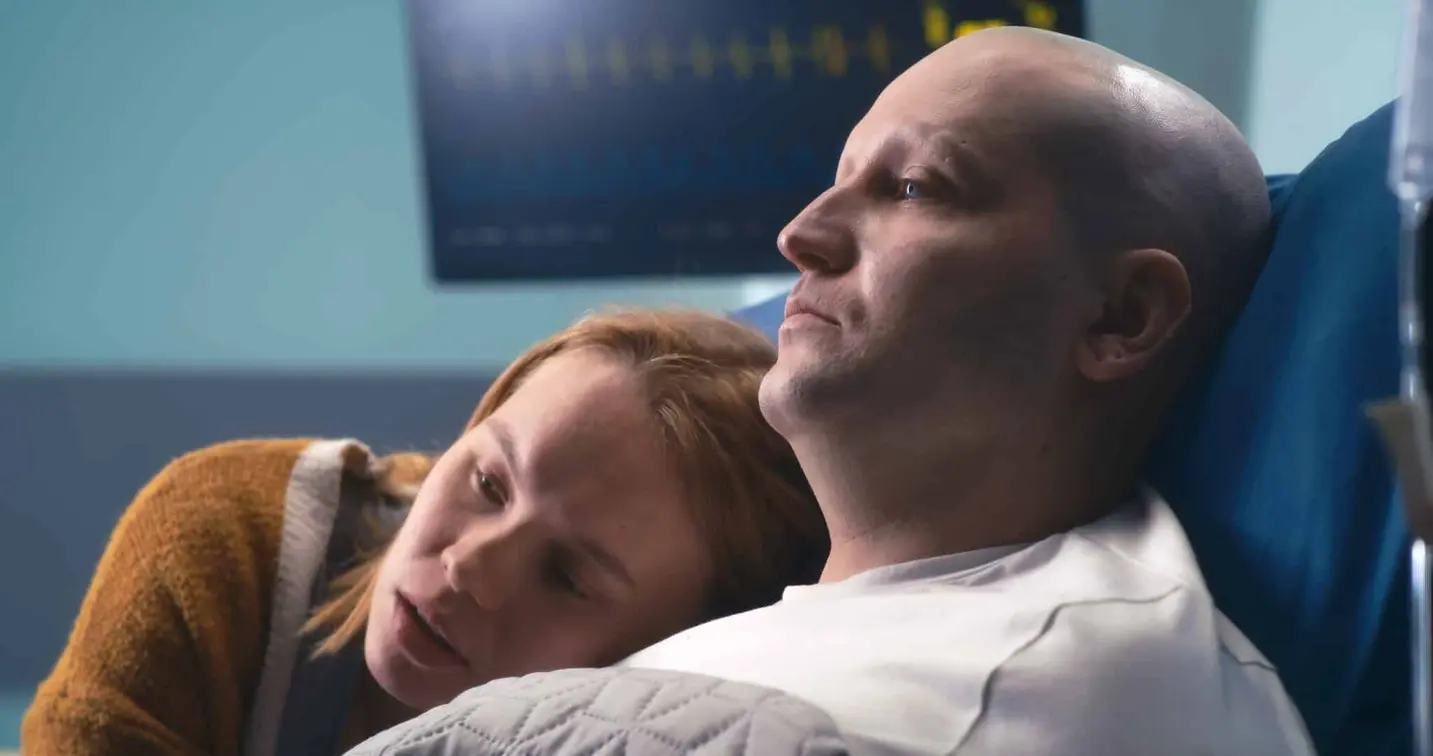T4K3.news
Yorkshire cancer care shows regional disparities
A new report highlights travel barriers to cancer care in coastal Yorkshire and calls for a national review.

A regional charity warns that coast residents face long travel for cancer care, urging a national review.
Yorkshire cancer care reveals regional treatment disparities
Yorkshire Cancer Research published the White Rose Cancer Report, showing coast residents are more likely to travel long distances for cancer treatment. The extra travel raises costs and fatigue and can affect whether patients start or finish treatment. The report highlights a geographic gap in access to services and rehabilitation programs that can support recovery.
Scarborough resident Anne Thackeray describes a difficult recovery after breast cancer treatment. She joined an exercise programme called Active Together, but the nearest venue was in Harrogate, a nearly three-hour round trip by bus and train. She says more accessible services and clearer signposting would help, and she believes prevention and rehab offered at diagnosis could boost overall wellbeing. Yorkshire Cancer Research is calling on the government to consider the region's needs in the national review of cancer services.
Key Takeaways
"I had a lot of stiffness, my knees were quite weak, and especially after my operation, I had a weaker arm on my right-hand side."
Describes the physical after-effects of treatment
"Not everyone could do that journey. It's a long way to go when you're really poorly."
Illustrates access barriers for coastal patients
"Prevention is better than cure and if you can keep people fit and healthy, and you can offer it at diagnosis, then I think that would be better."
Advocates for early prevention and rehab
"Living at the coast, you don’t get as much opportunity to do things like this."
Shows geographic disparity in access
The report exposes a broader geographic squeeze in health care, where rural and coastal areas bear extra burdens for routine treatment. If policy does not adapt, disparities may persist or widen, affecting outcomes for patients who cannot easily travel. A practical path forward includes funding closer clinics, transport subsidies, and better information about local rehab options. The case of Thackeray shows real lives at stake when access is uneven, not abstract numbers on a chart. In the longer run, a regionalized approach to cancer services could reduce avoidable complications and improve recovery rates.
Highlights
- Access to exercise should not depend on a bus timetable
- Not everyone could do that journey when you’re really poorly
- Prevention is better than cure and if you can keep people fit and healthy, that would be better
- Living at the coast you don’t get as much opportunity to do things like this
Disparities in cancer care raise political and funding questions
The White Rose Cancer Report highlights coastal access gaps and potential policy and budget implications as the government reviews national cancer services. The topic touches political sensitivity and public reaction to regional funding and service planning.
Policy must meet patients where they are.
Enjoyed this? Let your friends know!
Related News

Cancer survival progress slows in UK

Record high of remote GP consultations raises alarms

A level results show regional gaps persist

James Whale dies at 74

Young Americans face higher rectal cancer risk

Eric Idle set for Liverpool show

Whole Body MRI Insight vs Cost

Nail mark linked to early skin cancer
